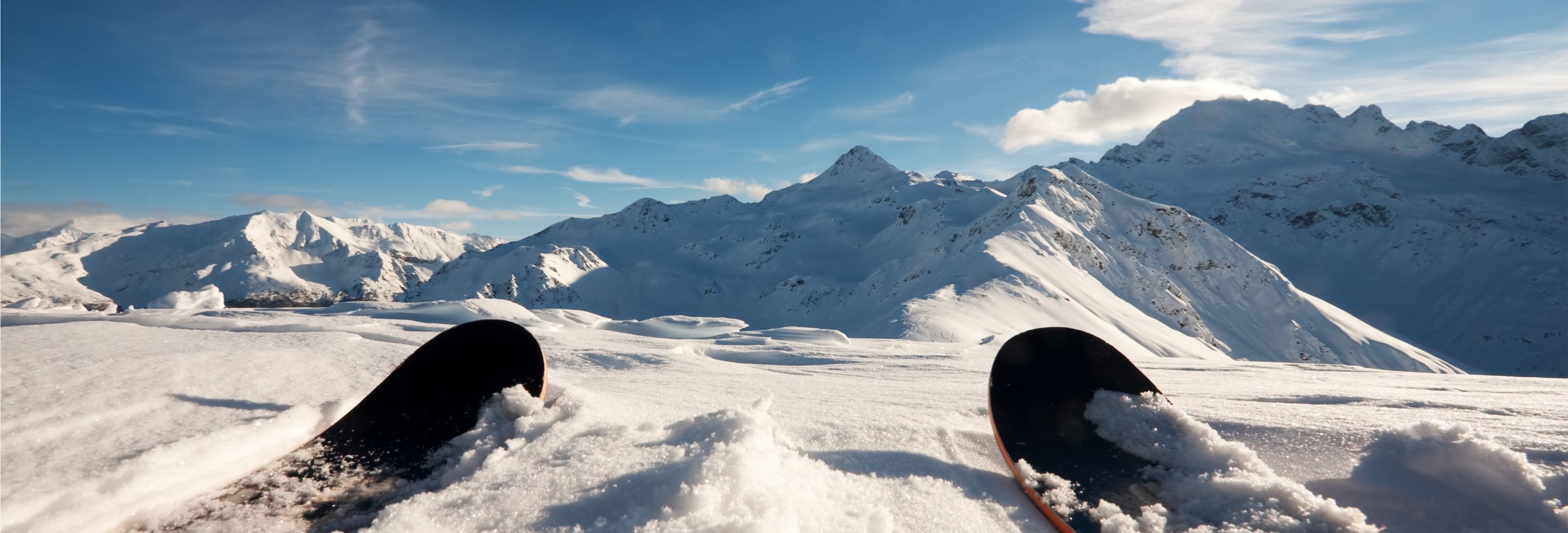Adaptive Winter Sports
December 12, 2013
Being active is beneficial for our overall health both physically and mentally. Physical activity should be inclusive of all people, no matter their ability or disability. Now that winter is upon us, people of all abilities should be able to enjoy winter sports. For people with disabilities, adaptive winter sports can provide a great way to learn a new sport, meet new people, reconnect with previously loved activities and enjoy life in the great outdoors.
For participants with a disability, adaptive winter sports involve modifying equipment and lessons. Whether the individual is participating at an elite, recreational or beginner level, modifying the activity and the way in which it is taught or coached allows them to participate in a supportive environment and to enjoy freedom in the snow.
Adaptive outdoor winter sports that people with physical disabilities might want to consider:
- Nordic skiing both standing and sit-skiing. People with a visual impairment usually have a guide to instruct and ski with them.
- Snowboarding for those who like to curve down the hill. Can be enjoyed by people with spinal injuries, cerebral palsy, amputation and visual impairment.
- Alpine Skiing can be done standing or sit skiing. This includes such disciplines such as Downhill, Super-G, Slalom, Giant Slalom and Super Combined.
Being active leads to a healthier life. With the right support, adaptive winter sports are a great way for people with a disability to be active and enjoy the great outdoors during the winter months. Sports can be made as challenging as need be, can be easily learned, and can be very enjoyable.Whether practiced on the mountains or on the trails, adaptive sports can make it possible for people of all abilities to embrace our winter wonderland.
References
Adaptive Snowshoeing. Palaestra. Winter2008 2008;24(1):10.
Bialowas S. The Ontario Paralympic Winter Games 2006. Around The Rim. January 2006;:3-4.
Dicianno B, Aguila E, Wichman T, et al. Acute mountain sickness in disability and adaptive sports: Preliminary data. Journal Of Rehabilitation Research & Development. July 2008;45(4):479-487.
Fadrhonc S. BACK-COUNTRY BOUNTY. Sports ‘N Spokes Magazine. January 2011;37(1):40-45.
Groff D, Lundberg N, Zabriskie R. Influence of adapted sport on quality of life: Perceptions of athletes with cerebral palsy. Disability & Rehabilitation. February 15, 2009;31(4):318-326.
Lundberg N, Taniguchi S, McCormick B, Tibbs C. Identity Negotiating: Redefining Stigmatized Identities through Adaptive Sports and Recreation Participation among Individuals with a Disability. Journal Of Leisure Research. 2011 Second Quarter 2011;43(2):205-225.
Second Adaptive Sport Added to Winter X Games. O&P Business News. Spring2010 2010;19(3):46.
The information presented in SIRC blogs and SIRCuit articles is accurate and reliable as of the date of publication. Developments that occur after the date of publication may impact the current accuracy of the information presented in a previously published blog or article.
